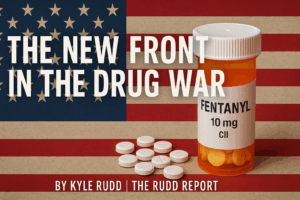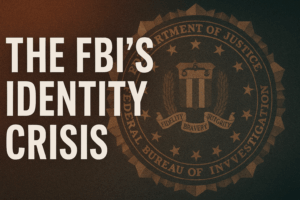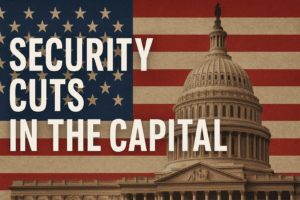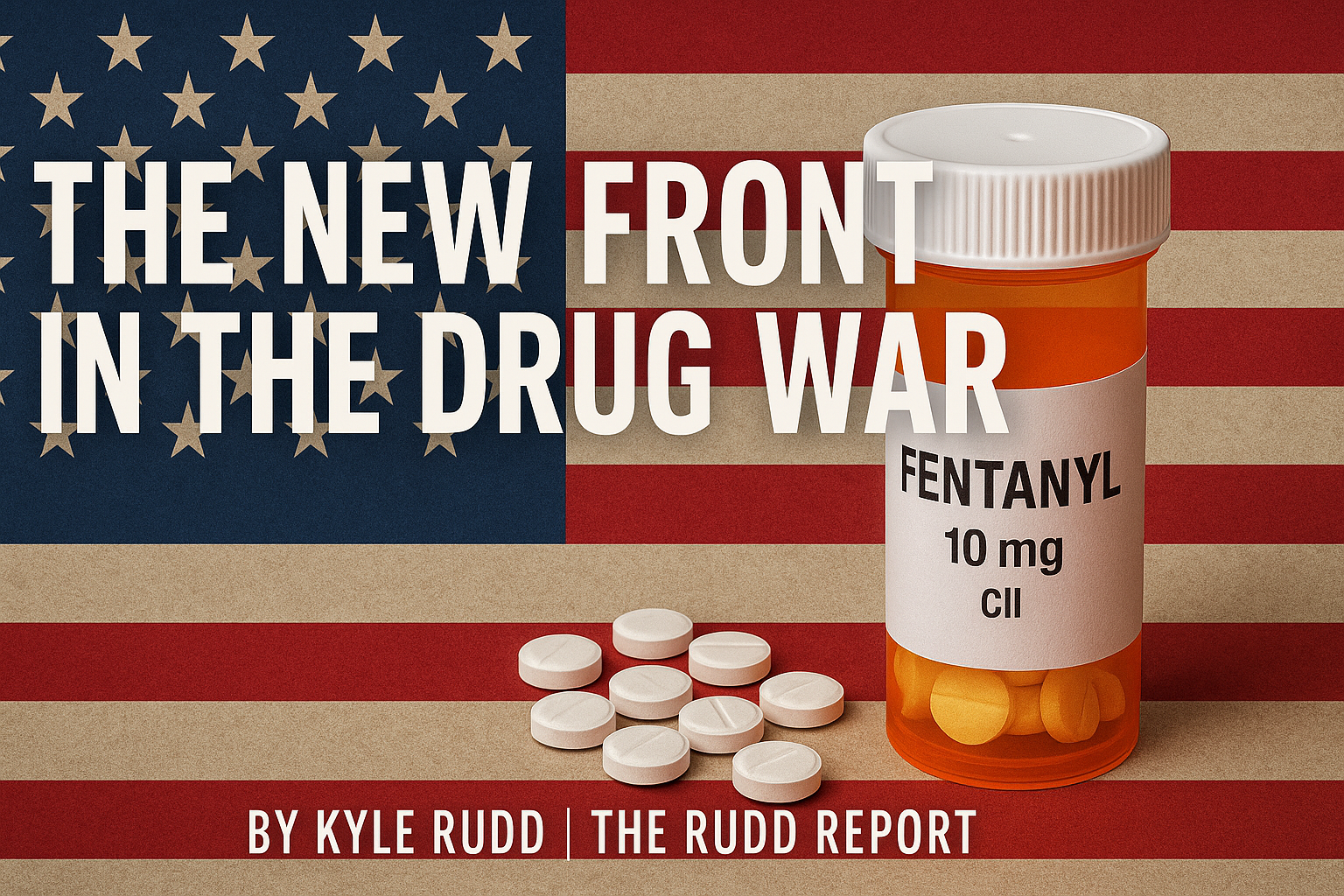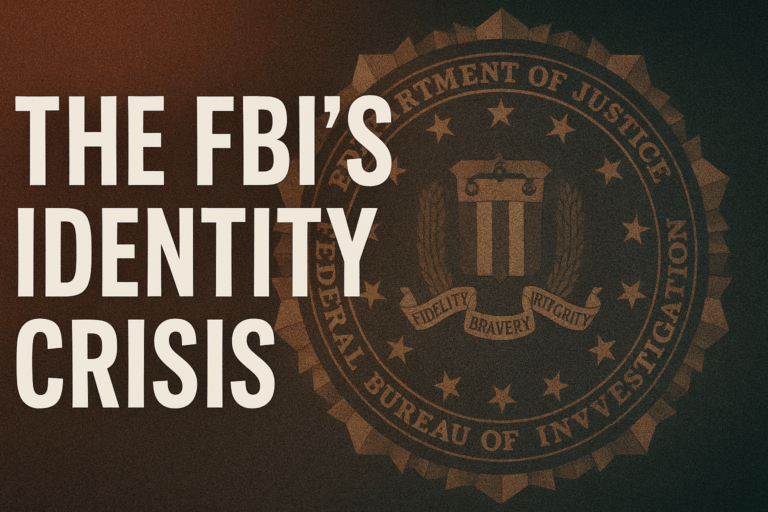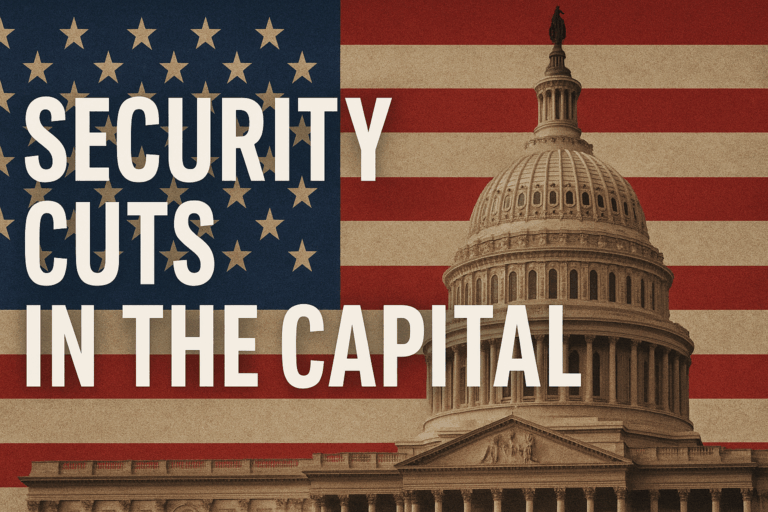When President Trump told Congress the United States was “at war” with the drug cartels, the phrase wasn’t metaphorical, it was legal. In an unprecedented move, his administration classified operations against cartels as a “noninternational armed conflict,” granting wartime powers to pursue cartel members as “unlawful combatants.”
On paper, it sounds tough. In practice, it opens a legal minefield.
This reclassification could allow for broader use of military force, drone strikes, and intelligence operations typically reserved for terrorists. It could also justify detaining suspects under wartime authority, something critics warn could erode civil liberties and stretch international law.
Supporters argue that cartels already act like military organizations, heavily armed, transnational, and capable of destabilizing governments. Opponents say the line between crime and war should remain bright.
For decades, the U.S. has tried every strategy, eradication, interdiction, cooperation, sanctions, and yet, the flow of narcotics hasn’t slowed. Declaring war might feel decisive, but it risks turning an already murky fight into something even darker.
The deeper issue is that calling it “war” doesn’t make it winnable. The cartels aren’t foreign armies, they’re symptoms of economic demand, corruption, and collapse. Until those roots are addressed, redefining the battlefield changes only the headline.

